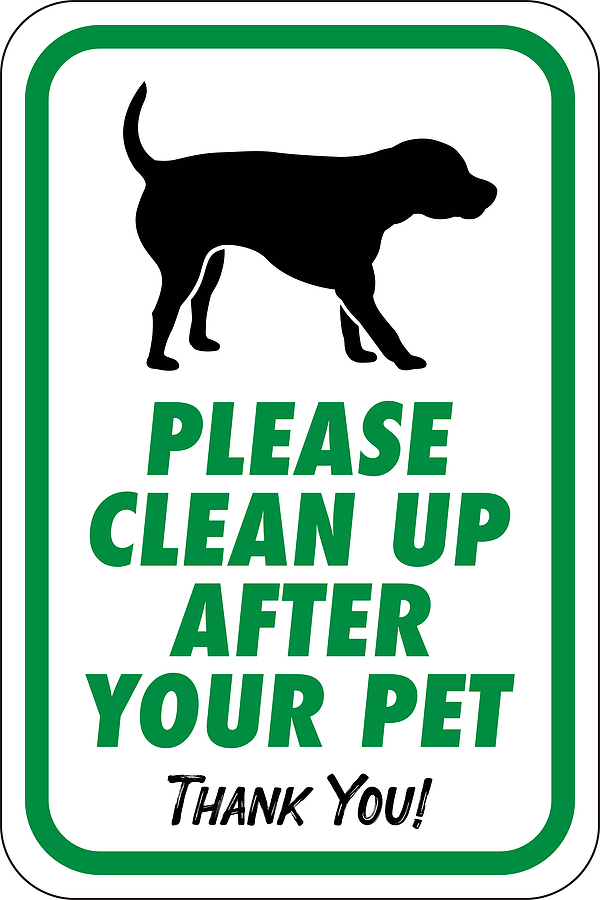Purpose of the Violation Letter
As a property management company with extensive experience in HOA management, we understand the importance of addressing violations in a firm yet respectful manner. The primary purpose of an HOA violation letter is not to initiate conflict but to report an issue and request a solution. It's essential to approach this communication with a professional and non-confrontational tone.
Essential Information to Include:
When drafting an HOA violation letter, begin by including all necessary details. This should include the association's address, the current date, and the property address where the violation occurred.
Begin the letter with an introduction that explains the reason for the correspondence. This sets a clear context for the recipient and outlines the purpose of the letter.
Detailing the Complaint
The next section of the letter should clearly articulate the specifics of the complaint. It's important to describe the problem and its location and reference the specific sections of the governing documents that have been violated.
This clarity informs the homeowner of the exact nature of the issue and reinforces the letter's legitimacy by referencing the HOA's rules and regulations.
Request for Action
Following the explanation of the violation, the letter should explicitly state what actions are required to resolve the issue. This request for action should be clear, concise, and reasonable, providing the homeowner with a straightforward understanding of what is expected of them to rectify the situation.
Follow-up Process
Lastly, it is important to outline the follow-up process if the homeowner does not comply with the HOA's rules and regulations. This part of the letter should detail the potential consequences of non-compliance and any additional steps the association will take if the violation is not addressed.
This information is crucial as it sets clear expectations and potential outcomes, ensuring that the homeowner is fully aware of the seriousness of the situation.
In closing, remember that the tone of the violation letter should always remain professional and focused on resolving the issue at hand. It's part of maintaining a healthy and respectful community environment.
Sam Maropis
PMI Profit Realty
www.PMIProfitRealty.com
210-504-4420


